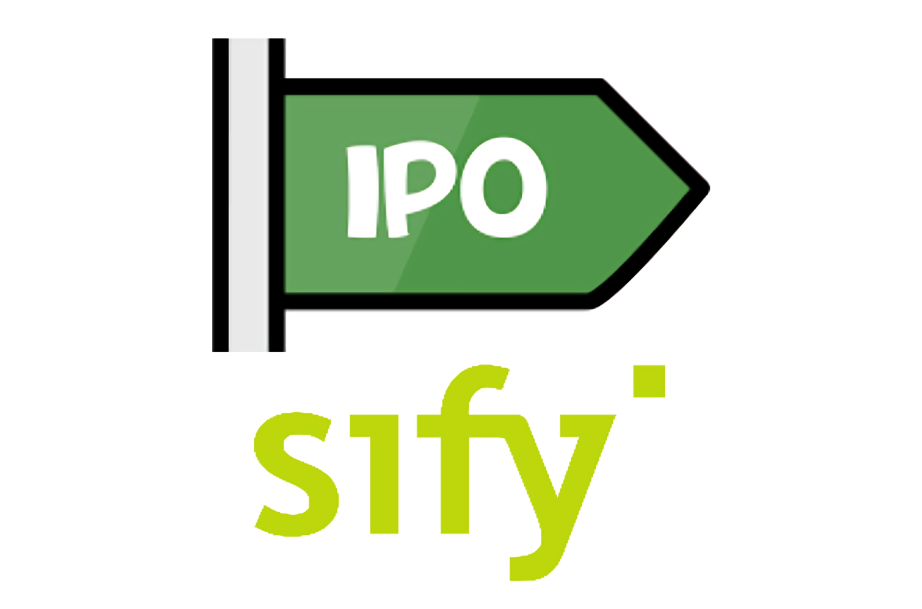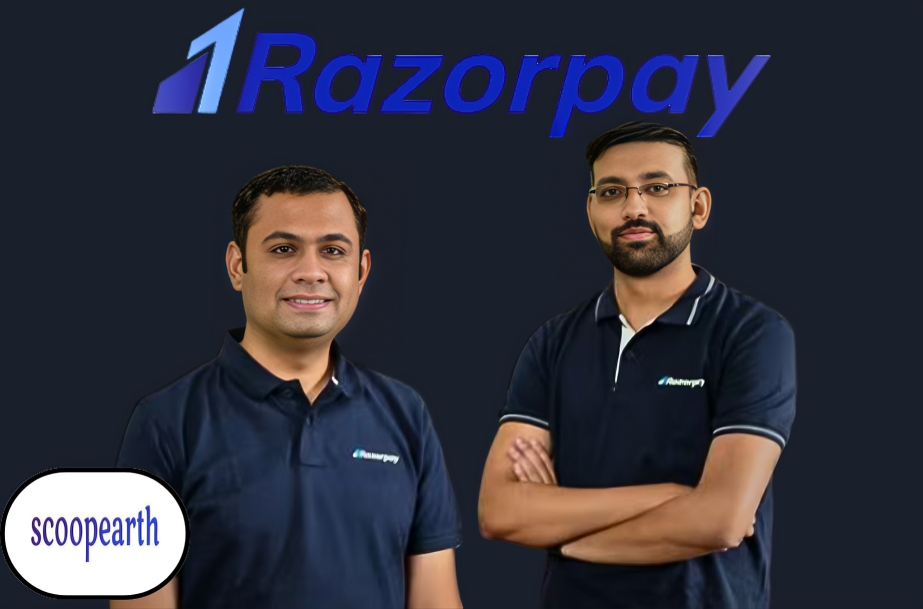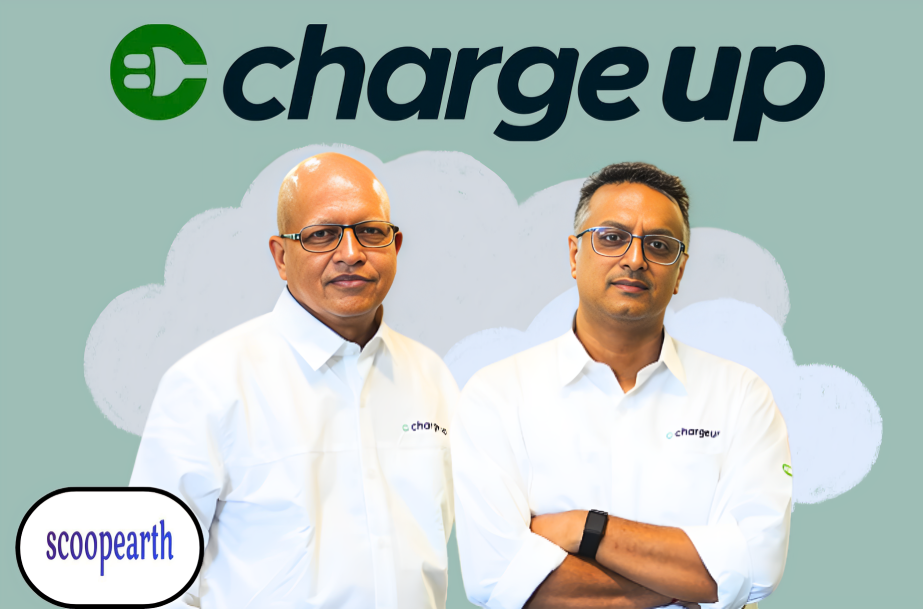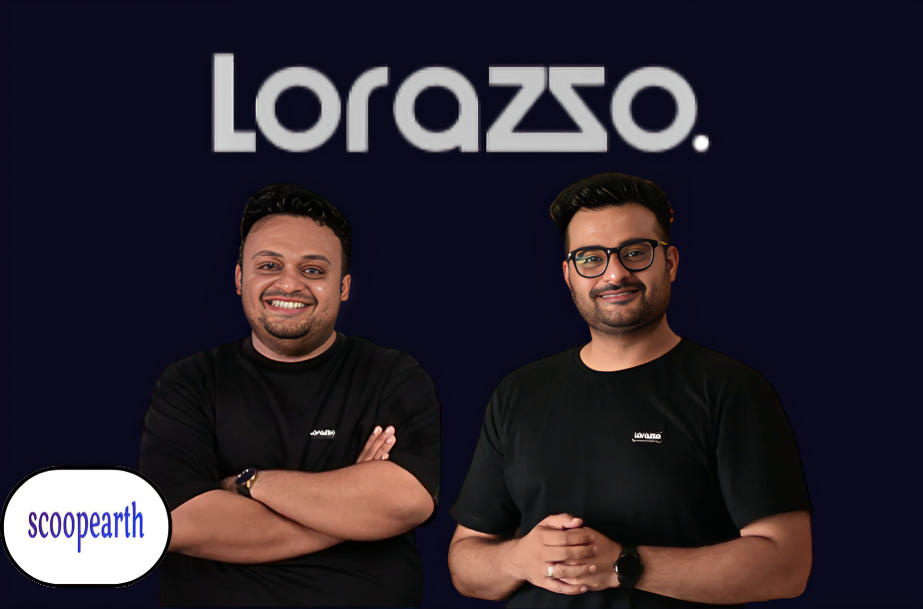OpenAI officially crossed $500 billion valuation, surpassing SpaceX, establishing itself as the world’s most valuable startup
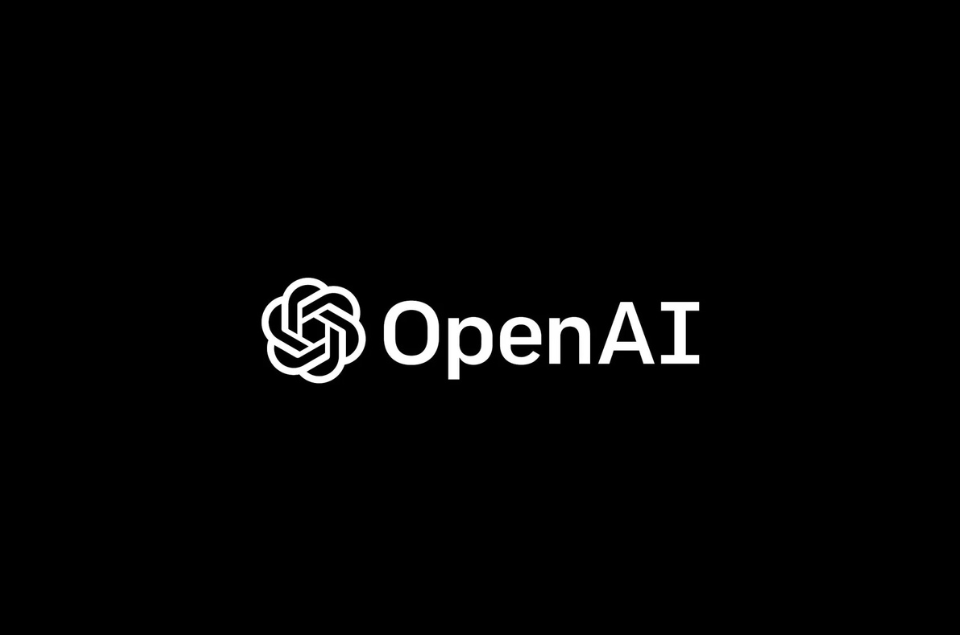
SUMMARY
OpenAI has officially become a $500 billion company, making it the most valuable privately held company globally. This mega jump confirms the artificial intelligence giant as the top in the global start-up list, literally surpassing Elon Musk, the aerospace company, SpaceX, to the top. The valuation of SpaceX that OpenAI has surpassed was reported to be $456 billion. This most recent valuation puts OpenAI much higher than its previously claimed valuation of $300 billion earlier, a fact that shows the insatiable rate of growth and investor excitement behind the company. The valuation increase at such a pace is an indication that investors consider the company on a path that is an unstoppable train in the tech industry.
Substantial $6.6 billion secondary share sale
The recent valuation hike was solidified by a substantial sale of secondary shares amounting to $6.6 billion, a deal that successfully closed this week. This form of transaction, where current shareholders have the ability to sell out, gives a great chance for both current and former OpenAI employees to receive liquidity. Their stock was sold to a group of high-profile investors, such as Thrive Capital, SoftBank, Dragoneer, T. Rowe Price, and the Abu Dhabi investment vehicle, MGX.
Although the sale of the secondary shares was sanctioned to a potential maximum of $10.3 billion, only two-thirds of this sanctioned value actually occurred. It shows high demand for the equity of the company by the higher classes of investors. The current tender offer is not the first of its kind either; it is the second large-scale transaction OpenAI has conducted, such as this, in less than a year, a choice that was made after it completed a $1.5 billion deal with SoftBank earlier in November.
High-profile private companies, including SpaceX, Stripe, and Databricks, commonly use secondary transactions to provide employees with liquidity without subjecting the company to the details and intense public attention that immediately follow an Initial Public Offering (IPO).
Employee confidence and future investment
The dynamic of the secondary sale of shares provides some important information on the perceived stability and future of the company. The decision that the amount of the conducted sale was below the maximum allowed value was seen as indicative of the confidence of the employees in the long-term potential of OpenAI.
This reduced participation indicates that a large number of employees opted to retain their shares because they feel that the company is not yet fully valued and can continue to grow its value. This move came alongside the high investor demand that was already established despite the record-breaking valuation.
MGX, which is one of the involved investors, published a statement to confirm its gratification with the investment, declaring itself a core partner to OpenAI. The company also expressed its desire to deepen this robust association and pointed to its track record of being a major investor in numerous fundraising negotiations.
These statements of large investment institutions around the world highlight the widespread belief in the OpenAI monopoly and future direction of the AI sphere. The company has gained the top spot in the world startup rankings, with other prominent AI companies in the list, including ByteDance at $220 billion and Anthropic at $183 billion, languishing long behind its $500 billion valuation.
The milestone of reaching the $500 billion valuation comes at a time when the artificial intelligence industry is growing increasingly competitive. OpenAI is now experiencing a mounting race for AI talent as competing technology companies seek to bridge the competitive gap.
OpenAI is also working on new data centre initiatives, including major partnerships with Oracle and SoftBank. These investments in infrastructure are essential to continuing the growth of its large language models and other AI technologies, historically the core of its market value.
Conclusion
The rise of OpenAI to a valuation of $500 billion, with a huge secondary share sale and a new valuation placing it above SpaceX, is not just a financial victory; it is an intrinsic confirmation of the commercial and transformative potential of generative artificial intelligence. The high confidence that the investors and the employees have shown, coupled with the calculated plan of the company to invest so heavily in infrastructure, points to a long-term global conquest.
Note: We at scoopearth take our ethics very seriously. More information about it can be found here.

